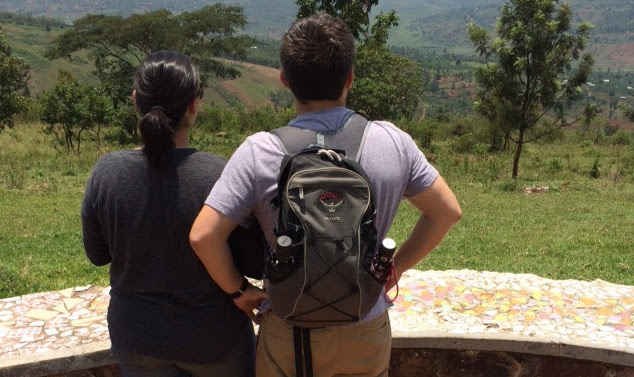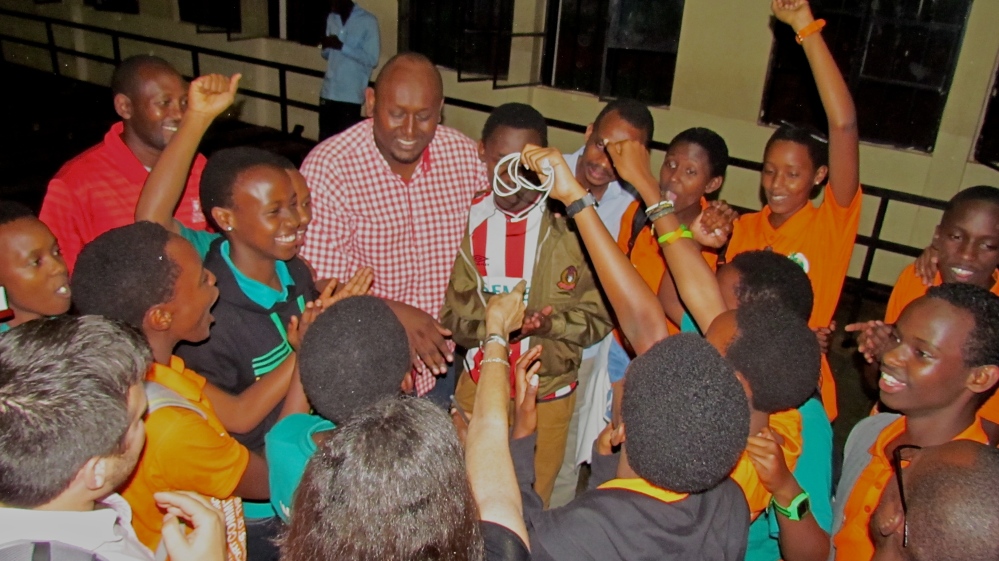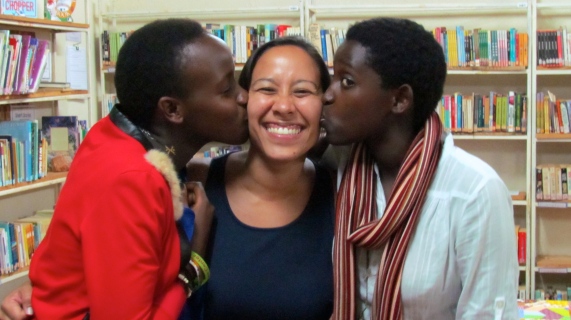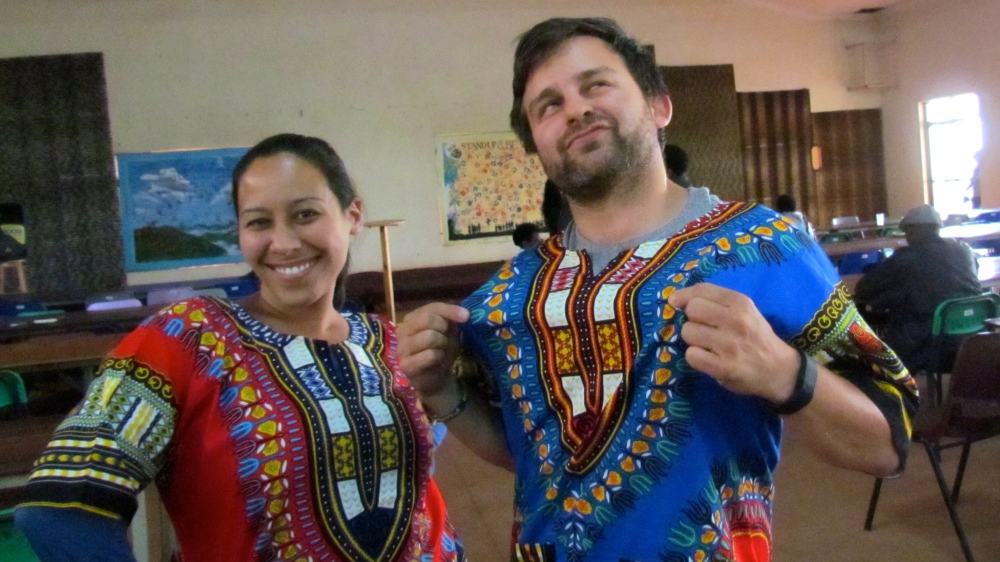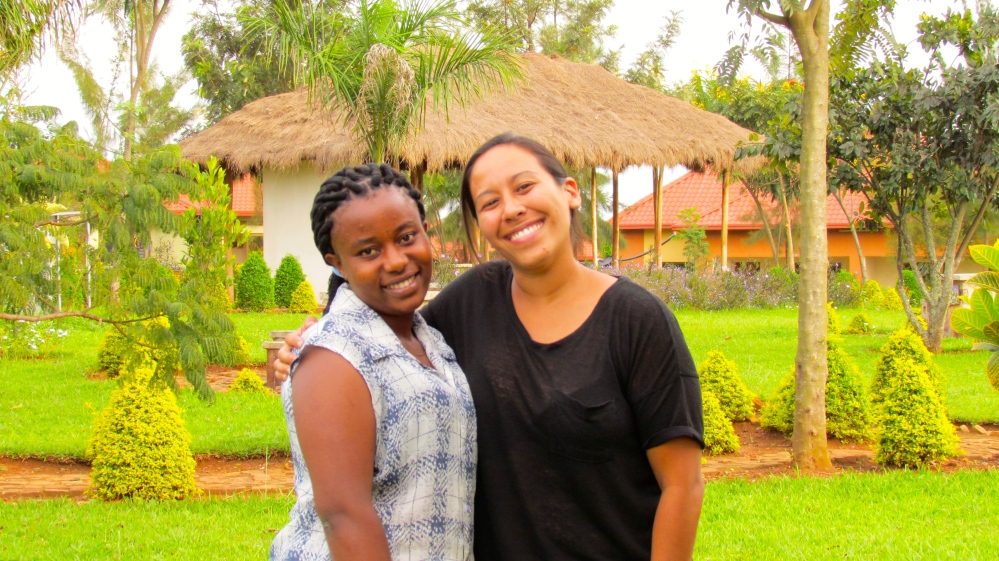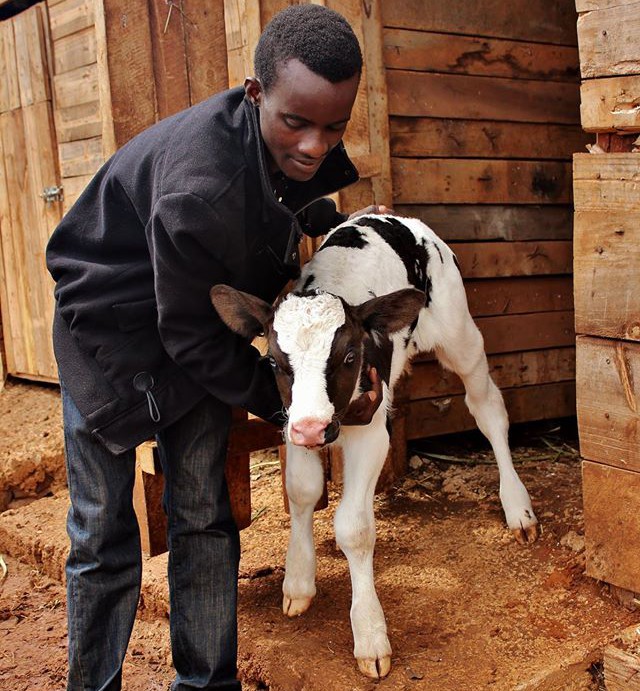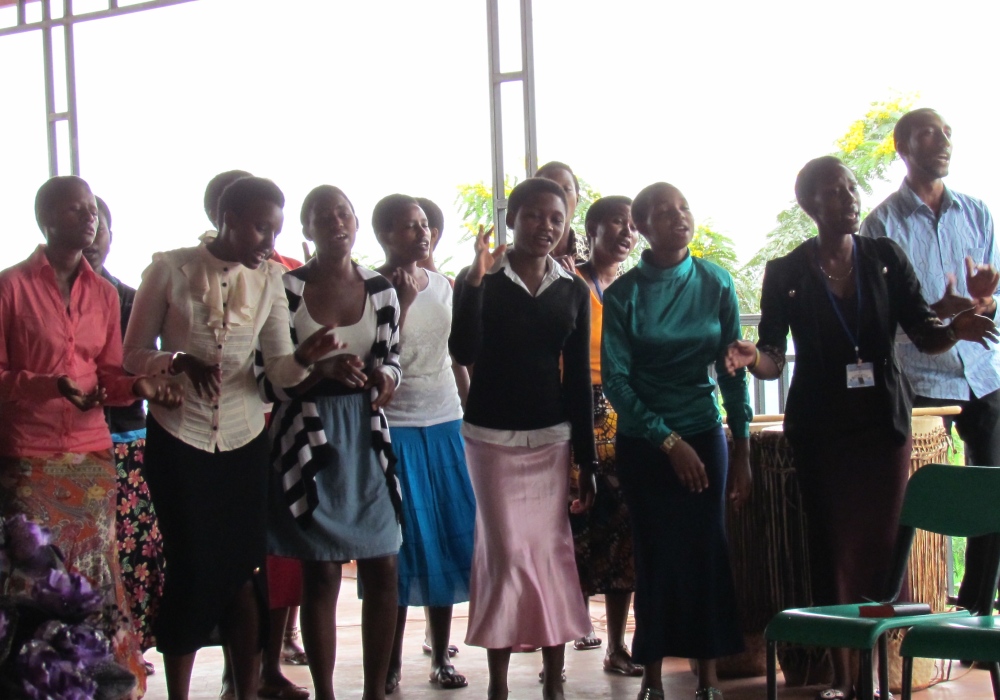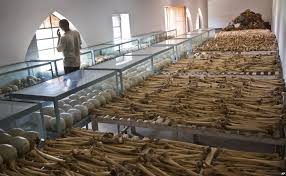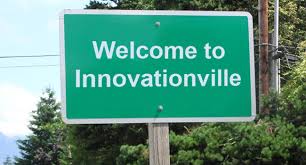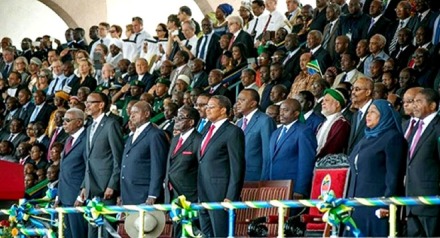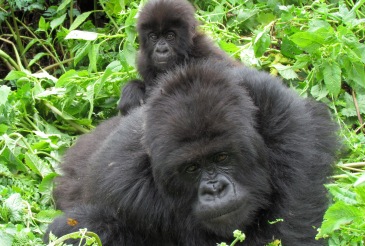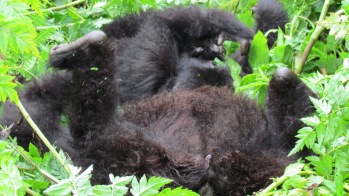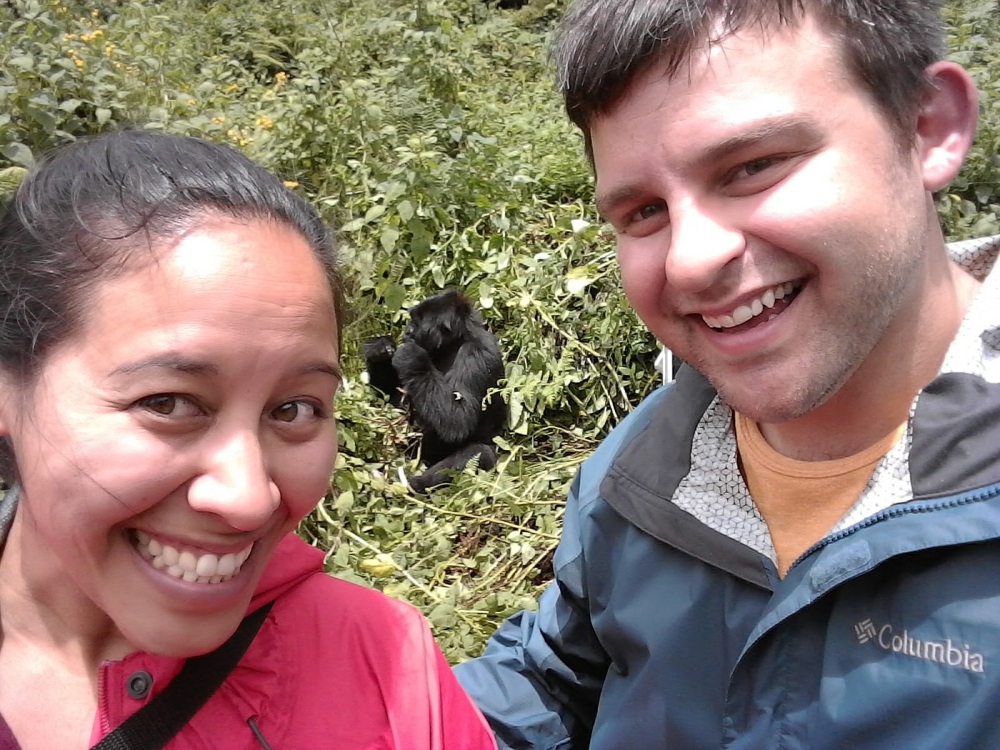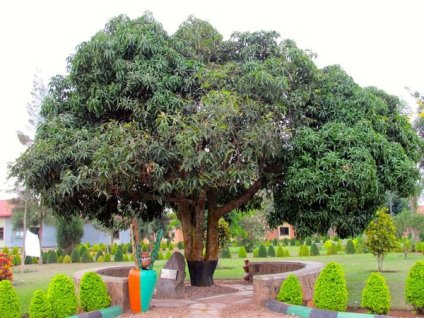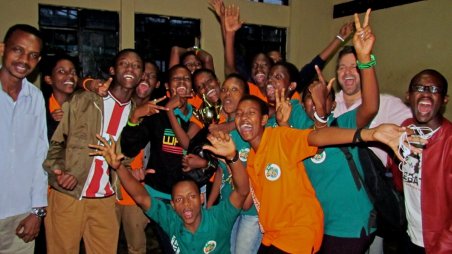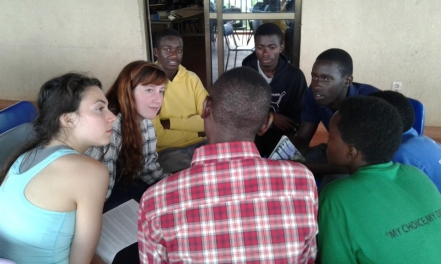Whenever I travel, I love to find ways to both eat and cook my way through a new city or place. Food activates all of your senses and helps create an instant connection to a new people and place. It’s one of the best ways to learn more about a culture. And did we “learn” a lot during our months in Africa.
We tried local ingredients that we had not encountered before or are used in a way we’d never considered. (“What is a ‘tree tomato’? Are you sure a tomato will taste good in my fruit salad?”)
We used cooking equipment and techniques that provided a lens into a way of life that has stayed authentically earnest and draws connections to those who have cooked these same dishes for generations before us. (“Did you know that in the U.S., we have a special knife designed especially for cutting tomatoes and a tool that cuts avocadoes into slices in one fell swoop?”)
RWANDA & EAST AFRICA
We spent most of #Africamp living in Rwanda, with a few side trips to other countries in East Africa (rafting in Uganda, safari in Kenya & Tanzania, rest and relaxation in Zanzibar). We were lucky to experience both rural life during our time at Agahozo Shalom Youth Village (aka “the Village”) AND city life during our month living in Kigali. We shopped at the local markets, ate at local bars and sought out hidden street food stands (imagine, a tiny hut with plates full of freshly fried treats), ordered goodies at the local store, and enjoyed every simply tantalizing moment.
Ibirahi
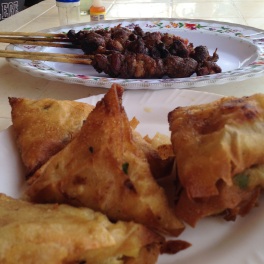
Delicious Ibirahi at a village bar
This is the ultimate street food. If ibirahi (slang for ibiraha samosas – irish potato samosas) were served out of a food truck in New York, they’d be an instant hit! Cheap, simple, fried goodness. It’s the perfect post-bar snack that will absorb your night of drinks, so you can wake up feeling bright-eyed and bushy-tailed tomorrow morning. Can you say East Village money-maker?? Open call for anyone who wants to go into the food truck business with me. Just saying. We’ll also sell Brochette (see below), so I just don’t see how this DOESN’T kick ass.
Brochette
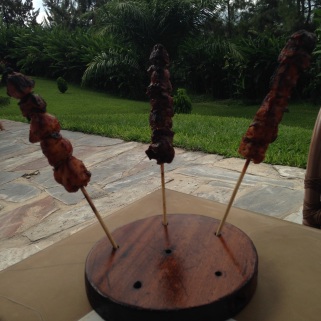
Brochettes at the Milles Coline (aka Hotel Rwanda) poolside Brunch
Meat on a stick. It’s simple. It’s genius. It is marinated in the perfect blend of spices that makes sure it hits the spot every time. You may be thinking, isn’t this just like shish kabob or a skewer of meat? Maybe. But, nothing will make your eyes light up and mouth salivate quite the same way as a plate of goat brochette served at the bar with a Primus (local beer), especially when you’ve been waiting for two hours since it seems they’ve freshly killed the goat out back to make these delectable meat sticks just for you. It can also be made of beef, chicken, or fish. But, to me, goat is the ultimate Rwandan way.
Chapati
There are so few ingredients; I’m not even totally sure how chapati tastes so good. I’m pretty sure we’re talking flour, eggs, salt, and green onion. It’s very similar to Indian naan. But, it’s better. Some of our favorite moments at the Village would happen when we were walking by the lower gate and spot Betty (owner of the small shop across the way), yell through the gate and across the street to find out if she had chapati…and she said yes. Score Jamie and Andrew!
(**Rolex: Chapati with a thin layer of egg with green onions (cooked on a hot plate like those used to make crepes) placed on it and then rolled up. It’s only sold in Uganda and this made us extremely sad. It was awesome!)
Nyama Choma
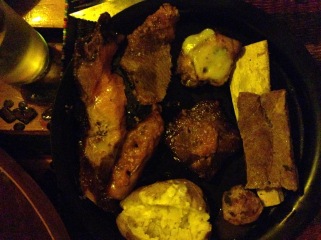
My plate at Carnivore…worth the angioplasty.
MEAT! Barbecued (i.e. grilled) meat. Note, I never met a Rwandan vegetarian. In Kenya, we had the ultimate Nyama Choma experience at a restaurant aptly named Carnivore. Think Brazilian Churascuria (a la Fogo de Chao) but African style. Ostrich, goat, lamb, chicken, beef…and all of it in my tummy.
Akabanga
It’s just Rwandan chili oil in a small dropper-style bottle. But, it packs a HUGE punch. A lot of the Rwandan dishes are fairly simple and often consist of rice, beans or potatoes – a fairly bland bunch. Now imagine meals in the Village as a pretty consistent rotation of those aforementioned staples – a few drops (emphasis on a FEW) becomes a game changer and added necessary flavor profiles to our meals over these past months. Whenever we’d pull out our Akabanga at the table, someone else would spot it and work up the courage to ask for some. Of course, we were happy to share. It cost like 50 cents and we never even finished one bottle in all of our months.
SOUTH AFRICA
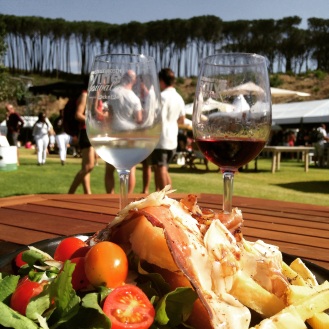
Food and Drink at the Stellenbosch Wine Festival
The start of our trip in South Africa was full of beautiful sights and sounds, but some of my favorite, delectable tastes of our whole time in Africa.
Wine
South Africa’s winelands are a must for any visitor heading to the Cape Town/Western Cape area. For this trip, we even put some of my old Cornell Hotel School connections use and emailed the Wines professor for some suggestions. They did not disappoint! Not only are is wine country picturesque, but the food scene is strong with farm-to-table style spots bursting on along the quaint tree-lined Cape Dutch streets of Stellenbosch, the veritable heart of the winelands. We hit the jackpot on our visit with the annual Stellenbosch Wine Festival hitting town at the exact time we were there. So, instead of driving around to a handful of vineyards for tastings, they all came to us. One low price, two wine glasses, unlimited tastes from over 100 wineries! TOTAL BLISS.
Biltong
I now understand that beef (or meat) jerky is just a poor attempt at biltong. In South Africa, there is a magical way of drying, curing, and aging meats (beef and a whole slew of other animals that I’d never heard of before we ate our way through them, like Eland, Kudu, and others) that creates one of the best snacking experiences I’ve ever enjoyed to date. It’s more moist, flavorful, elegant and freaking fantastic. A bag of biltong carried us through a six-hour car ride along the Garden Route. I am sad that I didn’t accept the offer of freeze-dried, packaged biltong at the Cape Town market. I have already started researching South African biltong suppliers in New York City.
West Coast (of Africa) Oysters
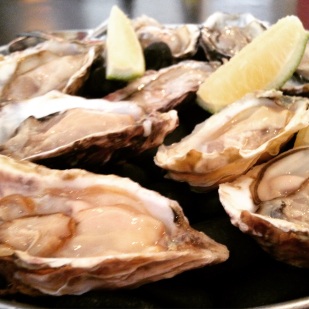
Scrumptious Oysters at Clarke’s
Oyster happy hours are my jam in New York. But, oyster happy hour in Cape Town blew them all away. At Clarke’s, I ate my first African West Coast oysters and I entered a whole new world of meaty, sweet, subtly briney oysters that were, in my opinion, perfect in every way.

